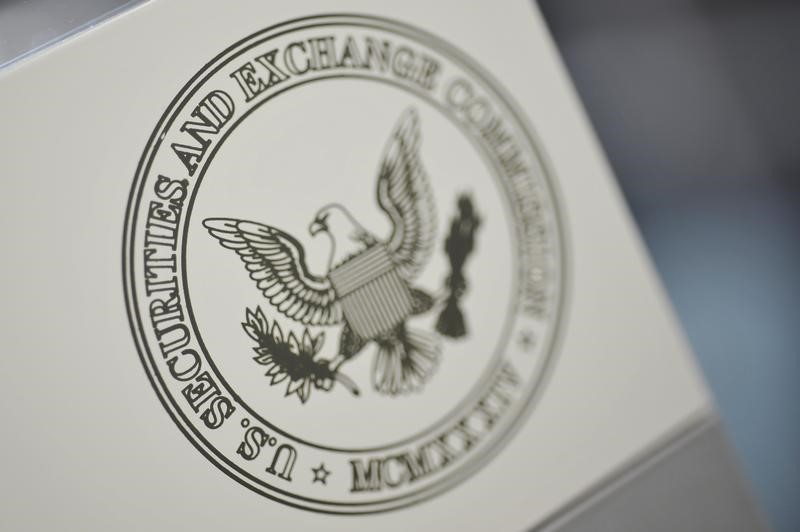By Charles Levinson
(Reuters) - Citadel Securities, the market-making arm of billionaire hedge-fund manager Ken Griffin, has agreed to pay $22.6 million to settle charges that it misled customers about the way it priced trades, the U.S. Securities and Exchange Commission said on Friday.
The SEC found that between 2007 and 2010, Citadel [CITDL.UL] used two algorithms to execute stock trades on customers’ behalf that often gave investors a worse price for their trades, even when Citadel knew better prices existed elsewhere. The SEC penalized Citadel for failing to disclose the use of those algorithms to clients.
“This affected millions of retail orders,” said Stephanie Avakian, the acting director of enforcement at the SEC.
Citadel neither admitted nor denied the findings.
“We take very seriously our obligations to comply fully with all laws and regulations,” Zia Ahmed, a spokesman for Citadel, said in a statement.
Reuters first reported on Thursday that Citadel was nearing a settlement with the SEC.
Citadel executes approximately 35 percent of the daily trading volume in retail equity shares on U.S. markets, the SEC said. Citadel, whose hedge fund manages around $25 billion in assets, agreed to pay $5.2 million in disgorgement of ill-gotten gains and a penalty of $16 million.
SEC rules require U.S. brokers to seek the "best execution reasonably available" on stock orders, a standard meant to ensure that all customers get a favorable price and a swift trade.
Citadel is the latest firm to settle with the SEC over routing practices.
While the SEC has fined other firms over order routing, this appears to be the first time any regulator has waded into one of the most contentious strategies in the high-speed trading world.
The practice, known as latency arbitrage, is when a firm exploits the difference between stock prices on a slower public data feed known as a SIP and the numerous faster private data feeds provided at a hefty cost by each exchange.
For years, the market’s critics and its defenders have battled over whether such strategies are being used by firms. An admission that they are would seemingly justify calls for deep structural changes to financial markets, changes which some of Wall Street’s most profitable firms strongly oppose.
“The settlement is an admission that latency arbitrage exists and there are strategies designed to profit from it,” said Jeff Alexander, a partner at Babelfish Analytics, a firm that analyzes market structure for institutional investors.
Alexander, whose work gives him access to private trading data from large investment firms, says abuses such as those documented in the SEC’s case against Citadel still exist in today’s markets.
For example, the SEC’s case has already raised questions about the SEC’s broader regulatory regime for monitoring trading abuses.
The SEC currently requires firms such as Citadel, that execute retail stock trades on behalf of investors, to report their execution statistics to the SEC to show that they are indeed giving customers the best reasonably available price. But it requires them to report trades only against the data coming over the slower public feed in those reports.
If firms were mispricing orders based on information from the private data feeds, as Citadel was just found to have done, the SEC’s routine monitoring protocols would be unable to catch them, critics say.
“You can’t have a regulatory environment where you claim to have best-execution standards and then mark the reports off the slow feeds,” said Alexander. “That makes no sense whatsoever.
SEC spokeswoman Judith Burns declined to comment on the criticisms of its reporting requirements.
